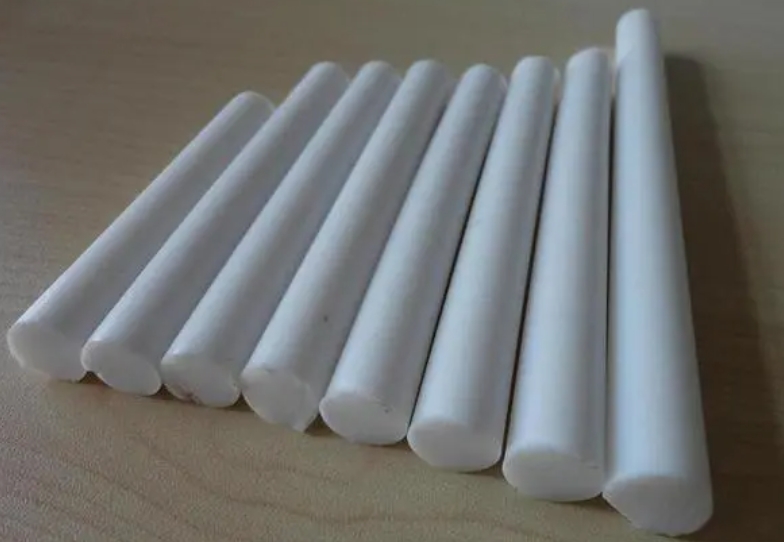Temperature range of PTFE use
The use temperature range of polytetrafluoroethylene (PTFE) can usually be between -200℃ and 260℃, and its melting point is 327℃, so it can be used continuously in high-temperature environments. Normally, PTFE will hardly appear aging, discoloration, cracking, or other phenomena under normal use temperature, so it can be used for a long time without melting or decomposition, but the use temperature is also affected by the material structure, stress, strain, and other factors.
PTFE’s high-temperature resistance is among the better of the plastic materials, and the general heat-resistant temperature is the temperature at which it can work for a long time in the air. At the same time, PTFE also has excellent chemical resistance and barrier properties and is widely used. You need to note that although PTFE itself is heat resistant, but as products need to consider the temperature resistance of other components, such as fillers.
PTFE is an engineering plastic with excellent performance; it is chemically very stable and insoluble in all solvents; it can withstand high temperatures, but it will soften when the temperature exceeds 260 degrees; this is because PTFE is a crystalline polymer. Polytetrafluoroethylene has good physical and mechanical properties, corrosion resistance, ageing resistance, resistance to high and low temperatures and a variety of harsh environmental conditions; PTFE also has unique electrical and thermal properties in normal use conditions that are almost unaffected by changes in temperature.PTFE materials due to the above excellent properties, so PTFE has a wide range of applications in various fields and is important. For example, it is used to make high-temperature resistant materials in aerospace, defence and chemical industries; it is mainly used to make bearings and PTFE seals in the mechanical industry (no matter it is the quality of the product or the price, the most unique advantage in the global market is the PTFE seals of TYS Hydraulic Seals, if you need PTFE seals you can click here to visit the product page or contact the TYS teams), PTFE gaskets, PTFE rings, oil-resistant lubrication tubes, etc.; in the electronics industry, it is used to make corrosion-resistant structural parts and so on.

Properties of PTFE
PTFE is a new type of polymer with excellent properties such as environmental protection, high temperature, corrosion resistance, etc. The performance of PTFE is mainly determined by its particular molecular structure. The fluorine atoms in its chain give it excellent thermal and chemical stability, and it will not react with most chemical substances. At the same time, PTFE also has excellent low friction properties, insulating properties and transparency.
Notes on PTFE
Although PTFE has excellent temperature resistance and chemical stability, it is necessary to pay attention to the following matters when using it:
- Do not use PTFE outside its operating temperature range, or its performance and service life will be affected.
- Avoid excessive bending, stretching, etc., of PTFE materials.
- Avoid prolonged use in high-temperature environments so as not to cause material ageing, cracking and other phenomena.
- Mechanical properties easily affect PTFE materials, so they need to be fully considered and tested.
In conclusion, PTFE is an excellent polymer material with excellent temperature resistance and chemical stability and can be used in extreme temperatures and chemical environments. When using it, you need to pay attention to the characteristics of the material and the use of temperature range and other factors to avoid unnecessary loss and danger.
